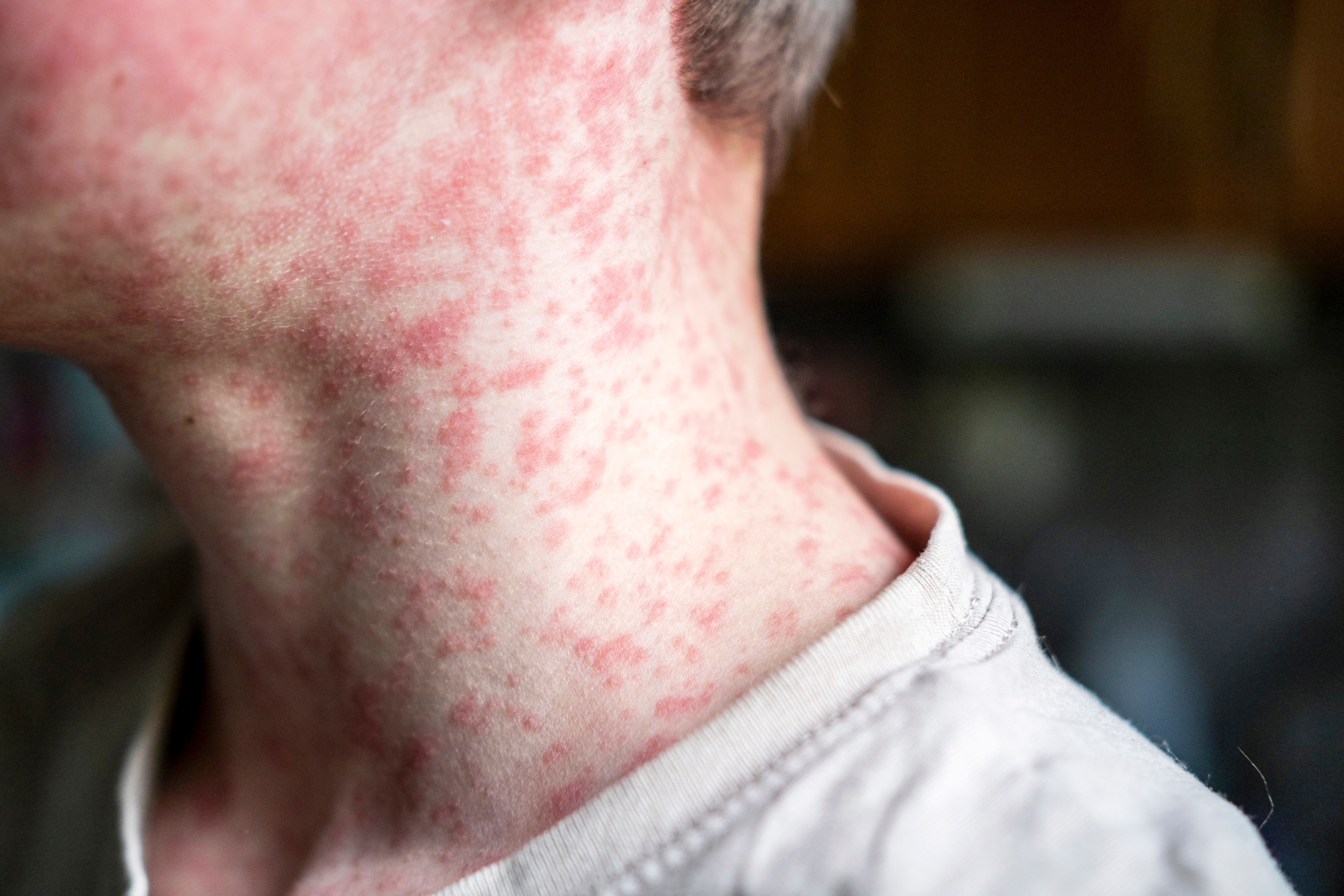It's 2025– So why are we still battling Measles?
As measles resurfaces worldwide in 2025, hitting the U.S., Canada, Europe, Asia, and beyond, health experts link the outbreak to vaccine hesitancy, misinformation, and declining immunization rates. Here’s what you need to know to stay safe.

As of May 2025, measles, a disease once declared eliminated in several regions, has resurged globally, posing significant public health challenges. This resurgence is attributed to declining vaccination rates, increased international travel, and the spread of misinformation about vaccines.
Understanding Measles
Measles is a highly contagious viral illness transmitted through airborne droplets when an infected person coughs or sneezes. The virus can linger in the air for up to two hours, making it exceptionally transmissible. Approximately 90% of susceptible individuals exposed to the virus will become infected.
Global Outbreak Overview
United States
The U.S. is experiencing its worst measles outbreak in 25 years, with over 1,000 confirmed cases across 30 jurisdictions as of May 8, 2025. Texas is the epicenter, reporting more than 700 cases, primarily in communities with low vaccination rates. The outbreak has resulted in three deaths and nearly 300 hospitalizations, predominantly among unvaccinated children.
Canada has reported 1,069 cases, while Mexico has confirmed 421 cases, including one death. The outbreak originated in Ontario, Canada, and spread to the U.S. and Mexico, particularly affecting Mennonite communities with low vaccination coverage.
Europe
Europe is witnessing a significant surge in measles cases, with 4,500 reported as of May 2025. In 2024, the region experienced 127,350 cases—the highest in over 25 years. Romania and Kazakhstan reported the highest numbers, with 30,692 and 28,147 cases respectively.
Asia and Africa
Countries like India, Pakistan, and Yemen are among the hardest hit, with Pakistan reporting 8,895 cases and Yemen 10,487. In the Philippines, the Bangsamoro region has experienced an outbreak since 2023, with over 2,000 confirmed cases and 14 deaths.
Australia is facing its worst measles outbreak since 2019, with 46 cases reported nationwide in early 2025. The surge is attributed to a decline in vaccination rates, which dropped from 94% in 2020 to 92.5% in 2023 among two-year-olds.
Symptoms and Complications
Measles symptoms typically appear 7 to 14 days after exposure and include:
Complications can be severe, especially in young children and immunocompromised individuals, and may include:
Diagnosis and Treatment
Measles is diagnosed based on clinical symptoms and confirmed through laboratory testing of blood or respiratory samples. There is no specific antiviral treatment for measles.
Management focuses on relieving symptoms and addressing complications:
Hospitalization may be necessary for severe cases.
Prevention: The MMR Vaccine
The most effective way to prevent measles is through vaccination with the MMR (measles, mumps, rubella) vaccine. Two doses are about 97% effective in preventing measles.
CDC Recommendations:
First dose: 12–15 months of age
Second dose: 4–6 years of age
Unvaccinated adults should consult with their healthcare provider about vaccination.
During outbreaks, unvaccinated individuals exposed to measles may receive the MMR vaccine within 72 hours of exposure to help prevent illness.
Travel and Community Safety
Given the current global outbreaks, travelers should ensure they are fully vaccinated before visiting areas with reported cases. Measles can spread rapidly in communities with low vaccination rates. Maintaining high vaccination coverage is essential to prevent future outbreaks.
When to Seek Medical Attention
If you or someone you know develops symptoms of measles, especially after potential exposure, contact a healthcare provider immediately. Early diagnosis can help prevent the spread of the virus and allow for timely management of the illness.
Stay Informed and Protected
Measles is a preventable disease, yet its resurgence highlights the importance of vaccination and public health vigilance. Ensure you and your family are up to date with vaccinations, and consult healthcare professionals for any concerns.